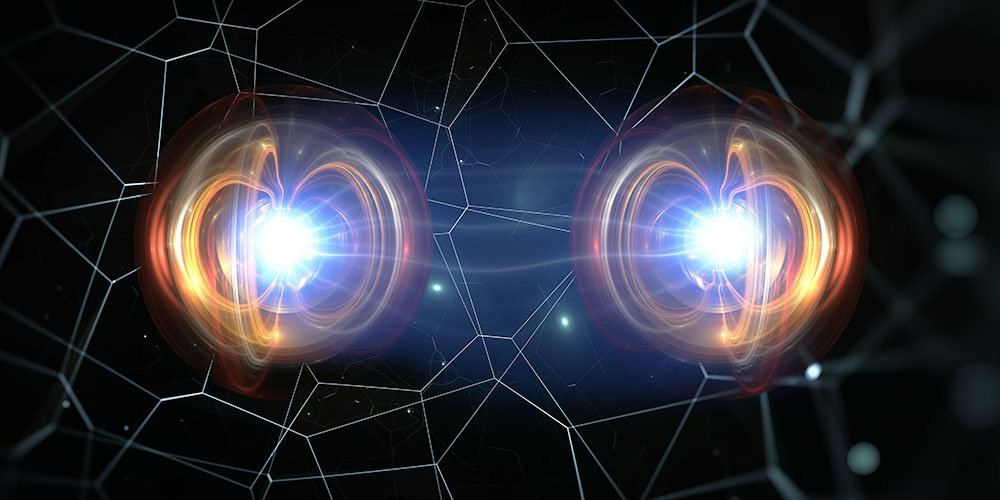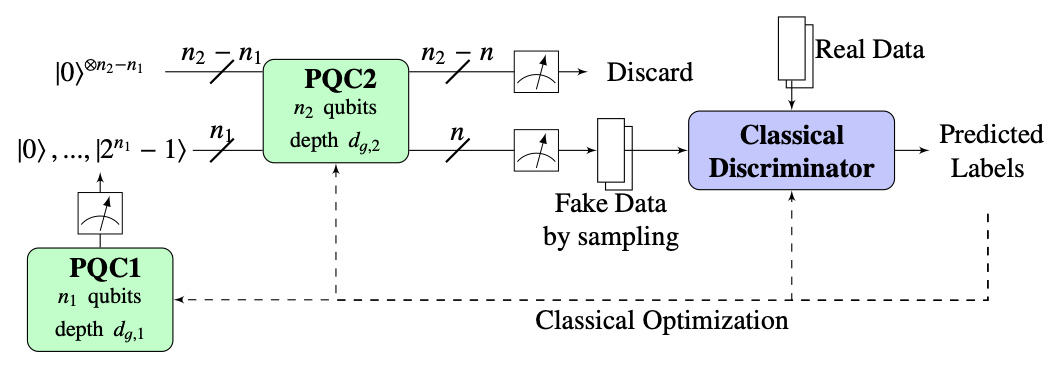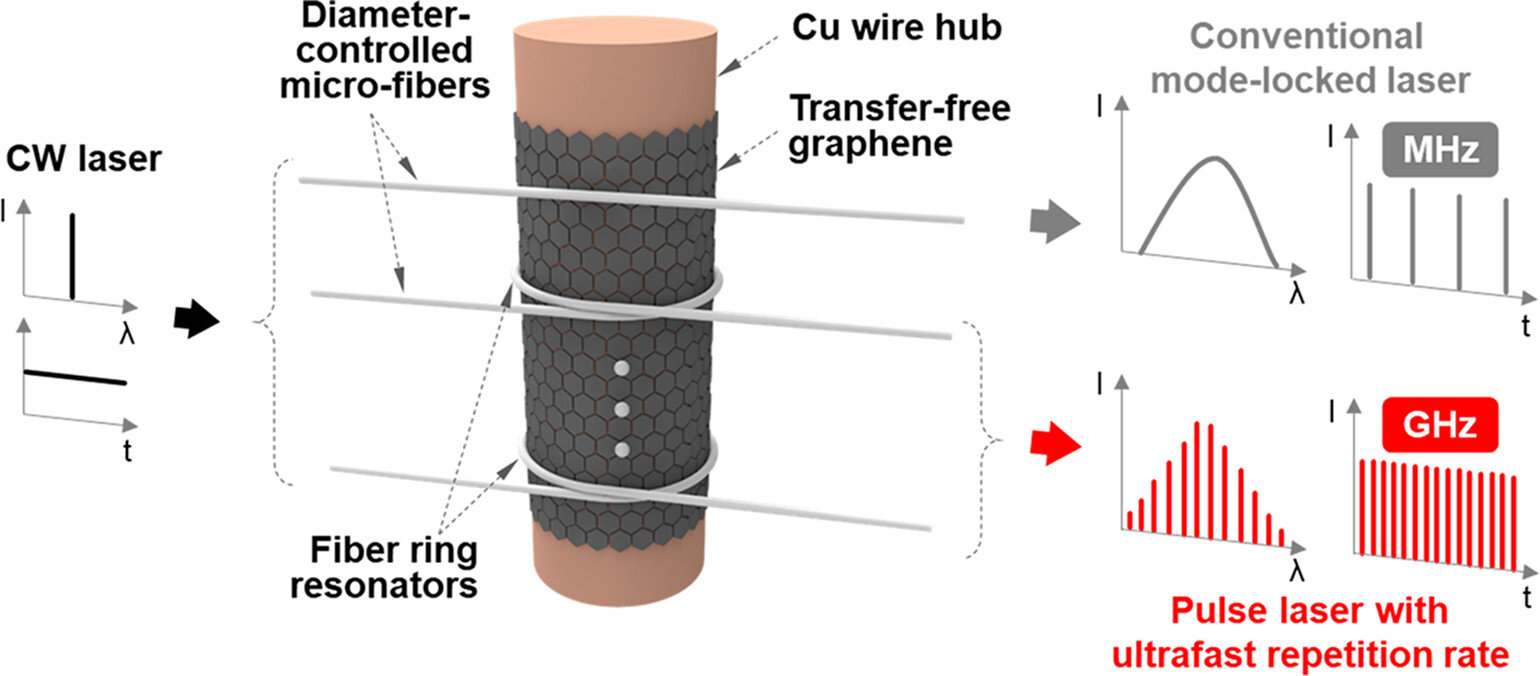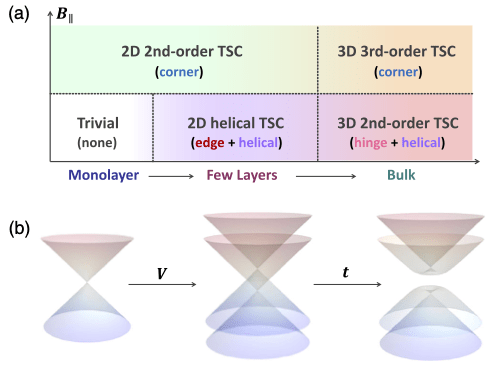Einstein-Podolski-Rosen correlations can be used for precision measurements. (Image: Jurik Peter, Shutterstock)
Quantum systems consisting of several particles can be used to measure magnetic or electric fields more precisely. A young physicist at the University of Basel has now proposed a new scheme for such measurements that uses a particular kind of correlation between quantum particles.
In quantum information, the fictitious agents Alice and Bob are often used to illustrate complex communication tasks. In one such process, Alice can use entangled quantum particles such as photons to transmit or “teleport” a quantum state – unknown even to herself – to Bob, something that is not feasible using traditional communications.
However, it has been unclear whether the team Alice-Bob can use similar quantum states for other things besides communication. A young physicist at the University of Basel has now shown how particular types of quantum states can be used to perform measurements with higher precision than quantum physics would ordinarily allow.
Quantum steering describes the fact that in certain quantum states of systems consisting of two particles, a measurement on the first particle allows one to make more precise predictions about possible measurement results on the second particle than quantum mechanics would allow if only the measurement on the second particle had been made. It is just as if the measurement on the first particle had “steered” the state of the second one.
The study of Fadel and his colleagues now makes it possible to systematically study and demonstrate the usefulness of quantum steering for metrological applications. “The idea for this arose from an experiment we already did in 2018 in the laboratory of Professor Philipp Treutlein at the University of Basel,” says Fadel.
“In a few simple cases, we already knew that there was a connection between the EPR paradox and precision measurements,” Treutlein says. “But now we have a general theoretical framework, based on which we can also develop new strategies for quantum metrology.”
Researchers are already working on demonstrating Fadel’s ideas experimentally. In the future, this could result in new quantum-enhanced measurement devices.
This work is published in Nature Communications (2021), doi: 10.1038/s41467-021-22353-3
Metrological complementarity reveals the Einstein-Podolsky-Rosen paradox
The post Einstein-Podolsky-Rosen (EPR) paradox and steering for quantum-enhanced precision measurements appeared first on Swiss Quantum Hub.





